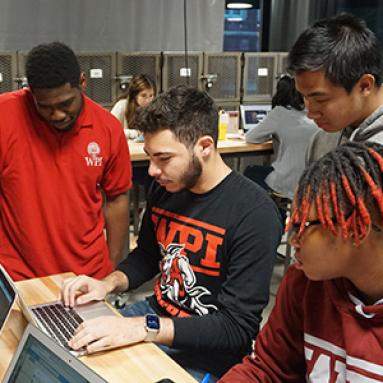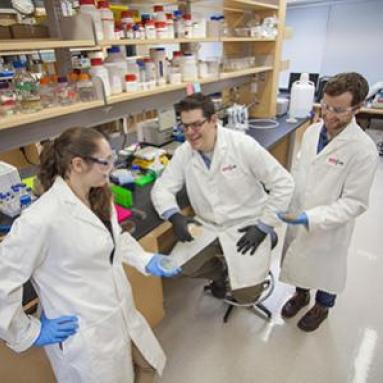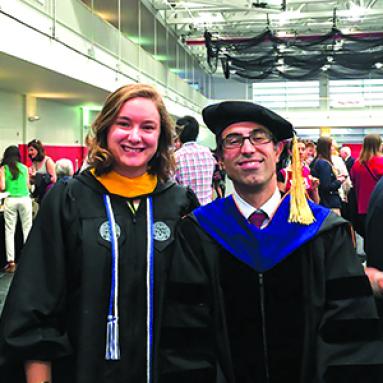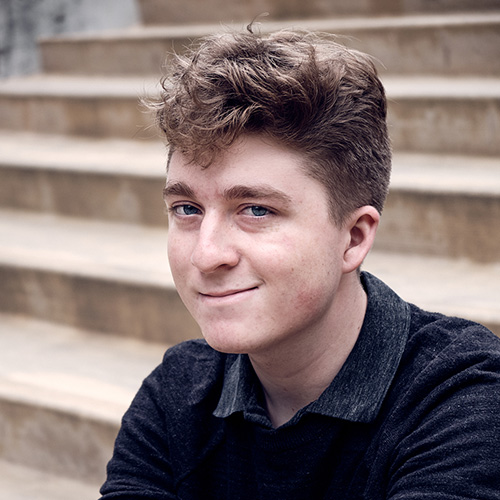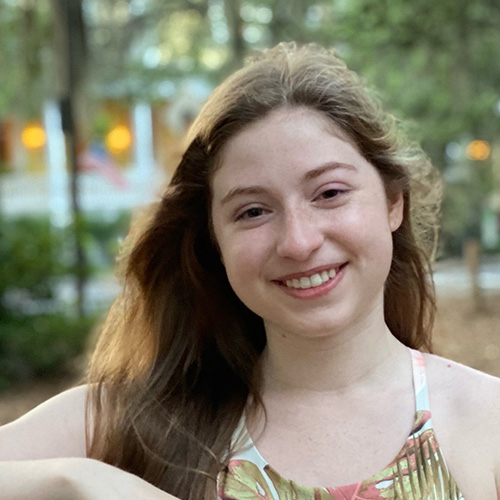School of Engineering
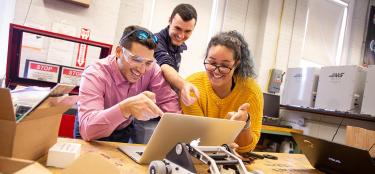
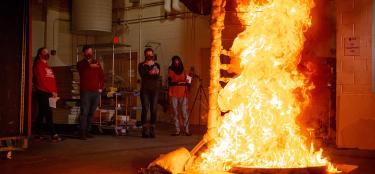
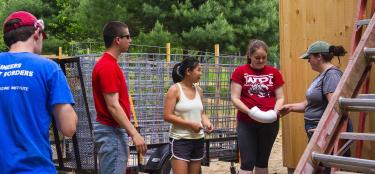
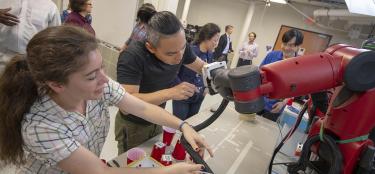
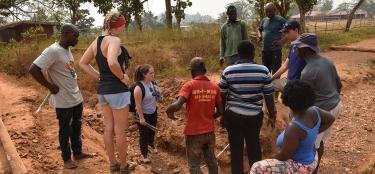
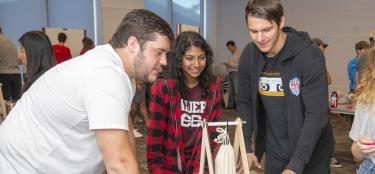
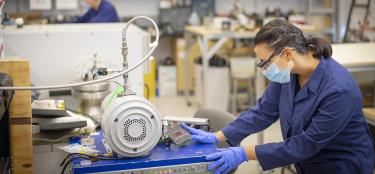
Theory. Practice. Impact.
At WPI, students are involved in engineering projects and research from the very beginning. Our pioneering project-based learning approach means our undergraduate and graduate students learn in the classroom and then can immediately apply their skills to solve real-world problems.
Students work alongside our world-renowned faculty, many of whom bring invaluable industry experience to their work. WPI graduates become proficient and agile engineers able to adapt to a constantly changing global environment. They’re prepared to collaborate with peers across disciplines—from engineering to the arts and sciences to business—to develop innovative and effective solutions to the world’s most pressing challenges.
This groundbreaking approach establishes a foundation for career success and life satisfaction.
Researchers Expanding Development of Oxygen Sensor for Babies to also Monitor COVID-19 Patients
An interdisciplinary group of researchers at WPI is expanding its previous work to develop a small wireless mobile sensor that will measure a baby’s blood oxygen levels to also create a similar sensor that can act as early detection device for COVID-19 infections.
Researcher Leads $2.4 Million Project to Manufacture Low-Cost, Fast-Charging Lithium Ion Car Batteries
WPI will lead a team of industry and university researchers in a $2.4 million project to manufacture cheaper, faster-charging lithium ion car batteries. The researchers will reduce the cost and charging time of lithium ion car batteries by building on previous research to manufacture battery electrodes with a solvent-free approach.
Chemical Engineers: “Why Not Make Waste Work for Us?”
Two WPI chemical engineering research projects investigating sustainability and waste reduction received nearly $540,000 stemming from the National Science Foundation’s (NSF) 2026 Idea Machine competition. The work will explore finding applications for nitrogen-rich waste products and converting marine plastics into ship fuel.
Meet Our Students
WPI Journal Stories from the School of Engineering

Martin Thulani Milanzi '24
Milanzi Brings STEM to Refugees in Zambia
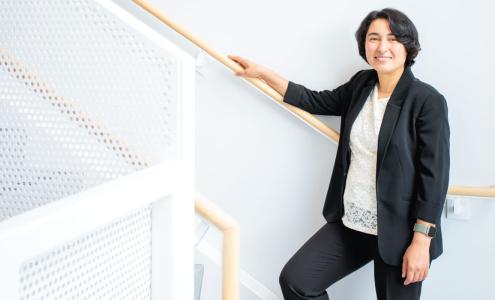
Sensing the Living Breath
Electrical engineer Ulkuhan Guler has an ambitious goal: creating a small, smart, skin patch that collects critical measures of respiration.
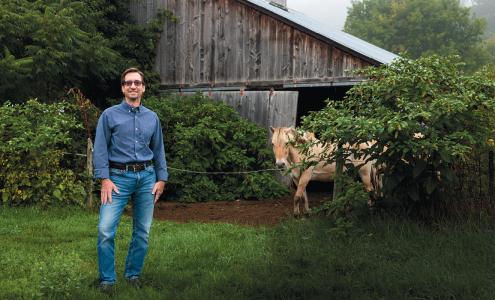
Field Work in Sustainability
Don Seville ’92 uses systems thinking to improve farming and food.
career outcomes
in research expenditures (FY 2024)
best colleges for engineering in America
Spotlight on Engineering
Patrick Schaumont, professor of electrical and computer engineering, is an expert in hardware security. As part of the Vernam Lab, where several key experts are working on various perspectives of secure system design, he aims to develop designs and prototypes and methods and tools. Partnering with WPI experts in this field can help industry collaborators transfer their own ideas into viable products.
Discover how Yihao Zheng, assistant professor of mechanical engineering, is using applied science, engineering, and technology to advance manufacturing in the healthcare industry.
James Urban, assistant professor in fire protection engineering, researches advances in wildland fire, visual-based fire protection, and fundamental fire phenomenon. His team is especially skilled at finding low-cost ways to measure fire and provide collaborators access to state-of-the-art fire labs, easily allowing for multi-scale experiments.
Research scientist Christopher Nycz and the team at PracticePoint uncovered a need in the market for a space where engineers could better access clinical spaces. Corporate partners are welcome to integrate their industry know-how and WPI’s academic expertise to create new products—and accelerate those products to market.
Calendar
See More EventsFour Schools. One WPI.




